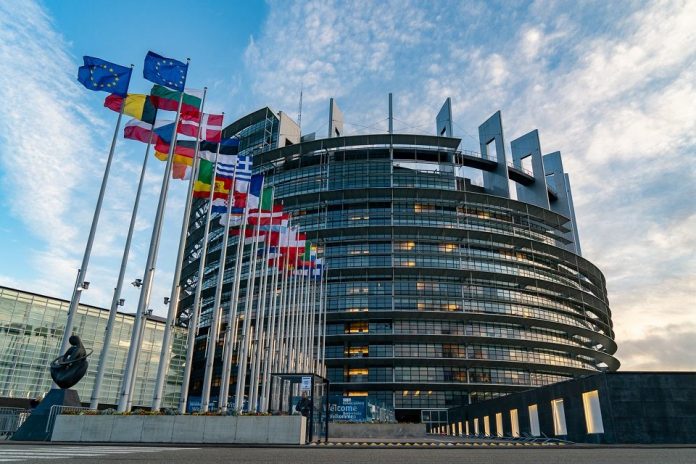The European Parliament adopted on Wednesday its proposals to better prevent and reduce waste from food and textiles across the EU. MEPs adopted their first reading position on the proposed revision of the Waste Framework with 514 votes in favour, 20 against and 91 abstentions.
They propose higher binding waste reduction targets to be met at national level by 31 December 2030 – at least 20 percent in food processing and manufacturing (instead of 10 percent proposed by the Commission) and 40 percent per capita in retail, restaurants, food services and households (instead of 30 percent).
EU Parliament also wants the EU Commission to evaluate if higher targets for 2035 (at least 30 percent and 50 percent respectively) should be introduced, and if so, asks them to come up with a legislative proposal.
MEPs agree to extend producer responsibility (EPR) schemes, through which producers that sell textiles in the EU would have to cover the costs for collecting, sorting and recycling them separately. Member states would have to establish these schemes 18 months after the entry into force of the directive (compared to 30 months proposed by the Commission). The new rules would cover products such as clothing and accessories, blankets, bed linen, curtains, hats, footwear, mattresses and carpets, including products that contain textile-related materials such as leather, composition leather, rubber or plastic.
Rapporteur Anna Zalewska (ECR, PL) said: “Parliament has come up with targeted solutions to reduce food waste, such as promoting “ugly” fruits and veggies, keeping an eye on unfair market practices, clarifying date labelling and donating unsold-but-consumable food. For textiles, we also want to include non-household products, carpets and mattresses, as well as sales via online platforms.”




